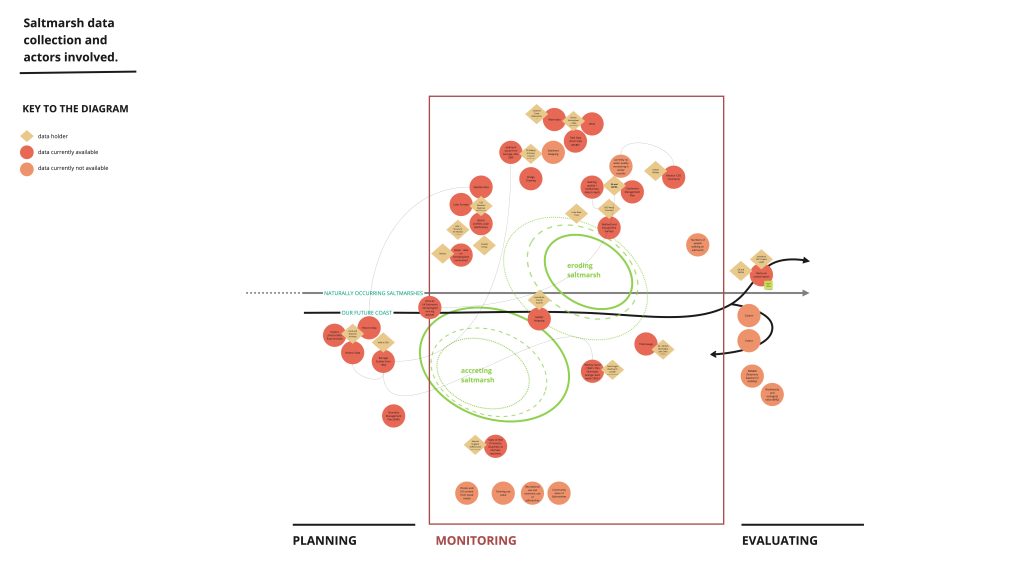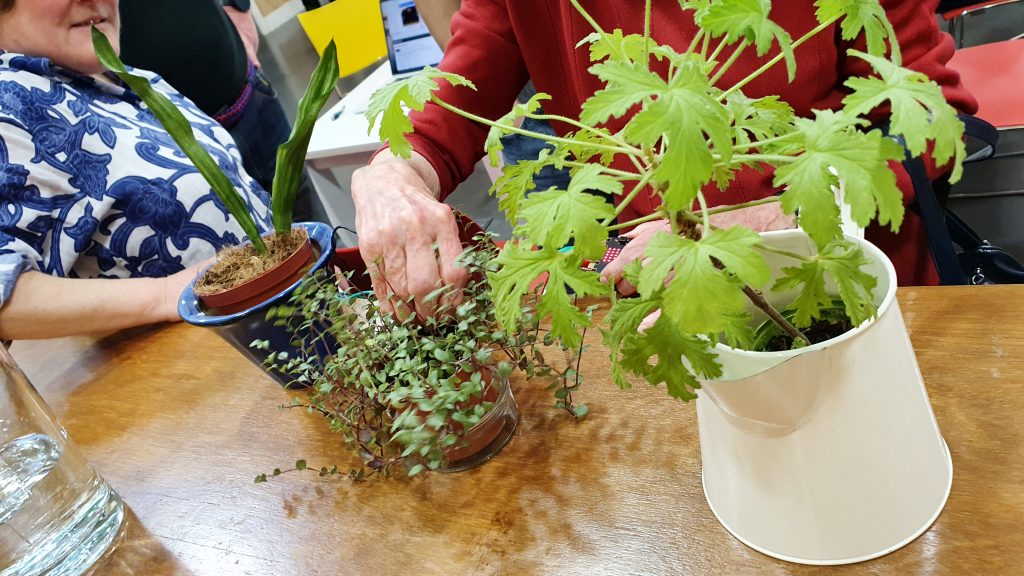This workshop was made possible thanks to the generous fundings received by the North West Coastal Forum. It is one of the Championing Coastal Coordination-funded projects of developing a regional hub for coastal coordination in North West England (North West Coastal Forum) and establishing a new national framework for championing coastal coordination (Coastal Partnerships Network).
—
One of the main challenges of engaging the public in participatory environmental data collection is ensuring that the data which is collected is relevant, valid, and valuable. Data collected by community groups, non-governmental organisation, and the general public could inform and potentially influence decision making and local policies – but in order to do so, it needs to interface with existing networks and practices. It is also important for this data to integrate and enrich, rather than duplicate, the information that is currently available.
In March 2023 we ran a hands-on workshop that explored ways to incorporate data collected by local communities in decision-making for nature-based coastal interventions and saltmarsh monitoring. In the workshop we worked with key experts and stakeholders in saltmarsh monitoring and regeneration to map the existing data landscape and identify future opportunities.
After an initial introduction to the SaMPaS project, we started the workshop by exploring existing practices of saltmarsh regeneration planning and mapped the main processes, type of data collected, and actors involved. While doing so, we also identified data and information that are currently not being considered, and discussed the benefits that these would bring to environmental monitoring and decision making.
A live, editable version of the map is now available online to participants.

In the second part of the workshop we worked in groups to identify “unknown unknowns” and hidden opportunities for participation. Lee Brewster facilitated the session, encouraging us to reflect on the essence of monitoring and data collection: what is important? Why do we do it? What are the fundamental principles underpinning these practices?
Each group distilled the discussion into three prompts representing actions. We then worked together to populate these lists with practical and conceptual tools that should be employed to conduct these actions.




